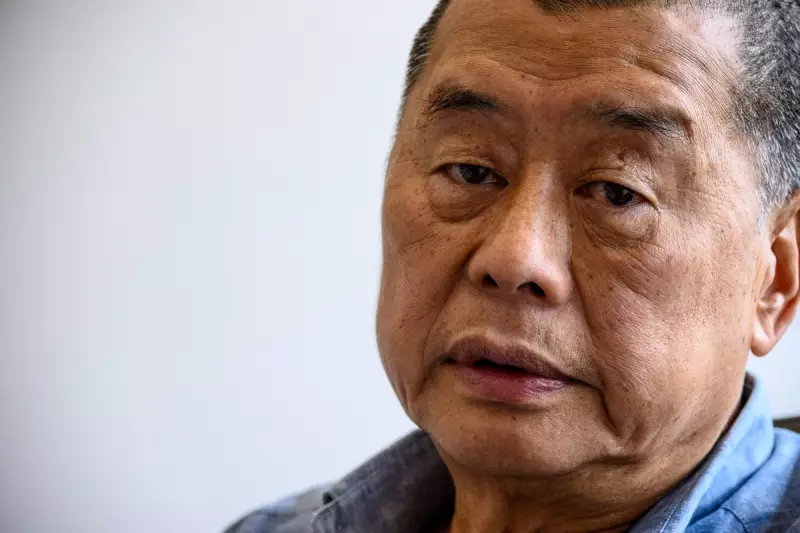
The high-profile national security trial of Hong Kong media tycoon Jimmy Lai has entered its final phase, with prosecutors and defence lawyers presenting their closing arguments in a case that has drawn international attention.
Lai, the 76-year-old founder of the now-defunct pro-democracy newspaper Apple Daily, faces charges of "collusion with foreign forces" under the sweeping national security law imposed by Beijing in 2020. The controversial legislation has been widely criticised by human rights groups as a tool to suppress dissent in the former British colony.
A Test Case for Hong Kong's Freedoms
Legal experts view Lai's trial as a watershed moment for Hong Kong's judicial independence and remaining civil liberties. The case represents one of the most significant applications of the national security law since its implementation.
Prosecutors allege Lai used his media empire to conspire with foreign governments to undermine China's authority in Hong Kong. The defence maintains his actions constituted legitimate journalism and political commentary protected under Hong Kong's Basic Law.
International Condemnation
The trial has sparked condemnation from Western governments and press freedom organisations. The United States, United Kingdom and European Union have repeatedly called for Lai's release, describing the charges as politically motivated.
Observers note the proceedings have followed patterns seen in mainland Chinese courts, with limited transparency and stringent controls on media access. The government maintains the trial adheres to Hong Kong's legal standards.
What Comes Next?
With closing arguments complete, the case now awaits judgment from a panel of three judges handpicked by Hong Kong's chief executive. Legal analysts suggest a verdict could take weeks or even months to deliver.
If convicted, Lai could face life imprisonment under the national security law's strict penalties. The outcome will likely have far-reaching implications for Hong Kong's media landscape and political opposition movements.
The trial coincides with increasing scrutiny of Hong Kong's autonomy under the "one country, two systems" framework, as Beijing continues to tighten its grip on the semi-autonomous territory.





